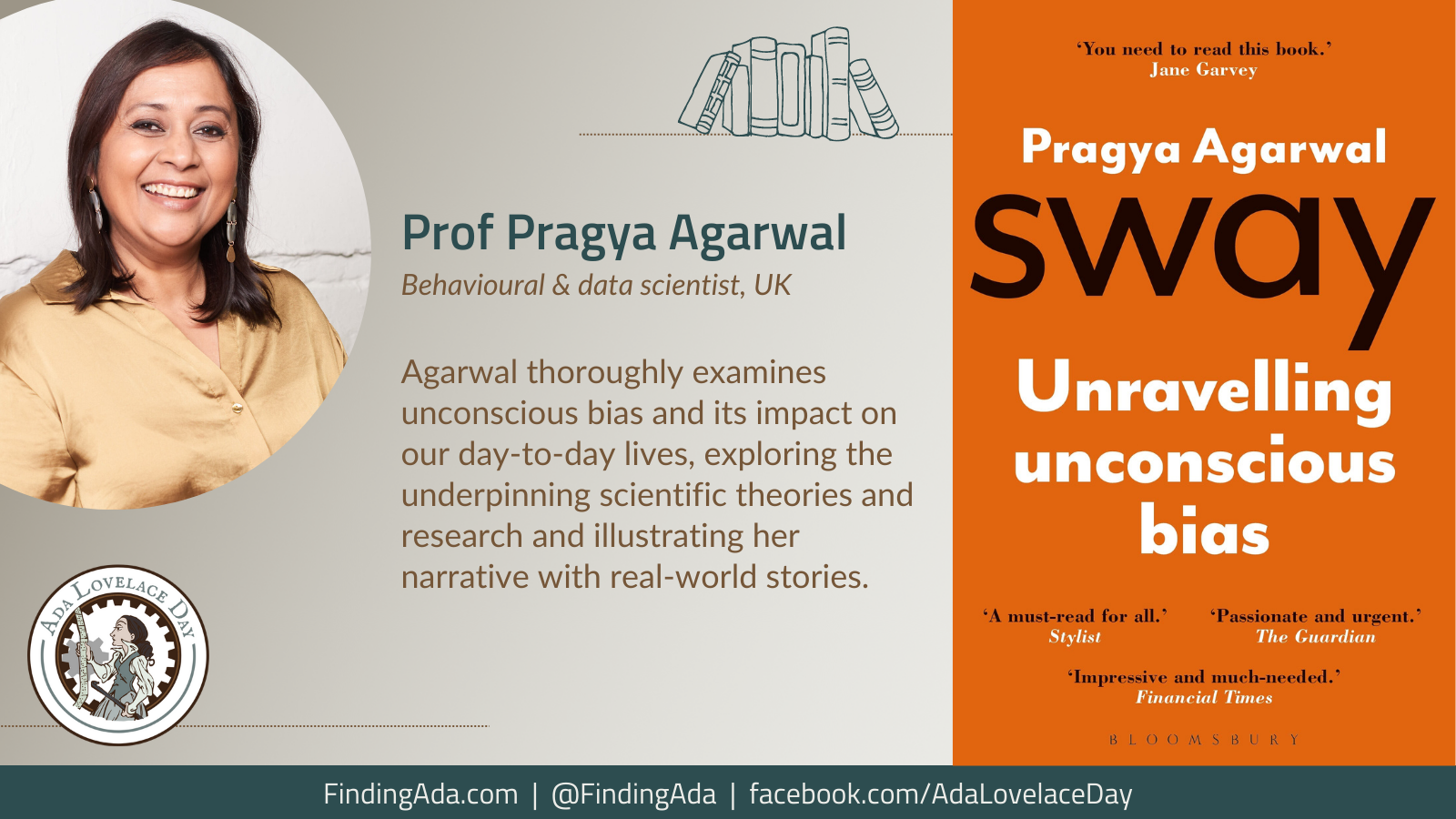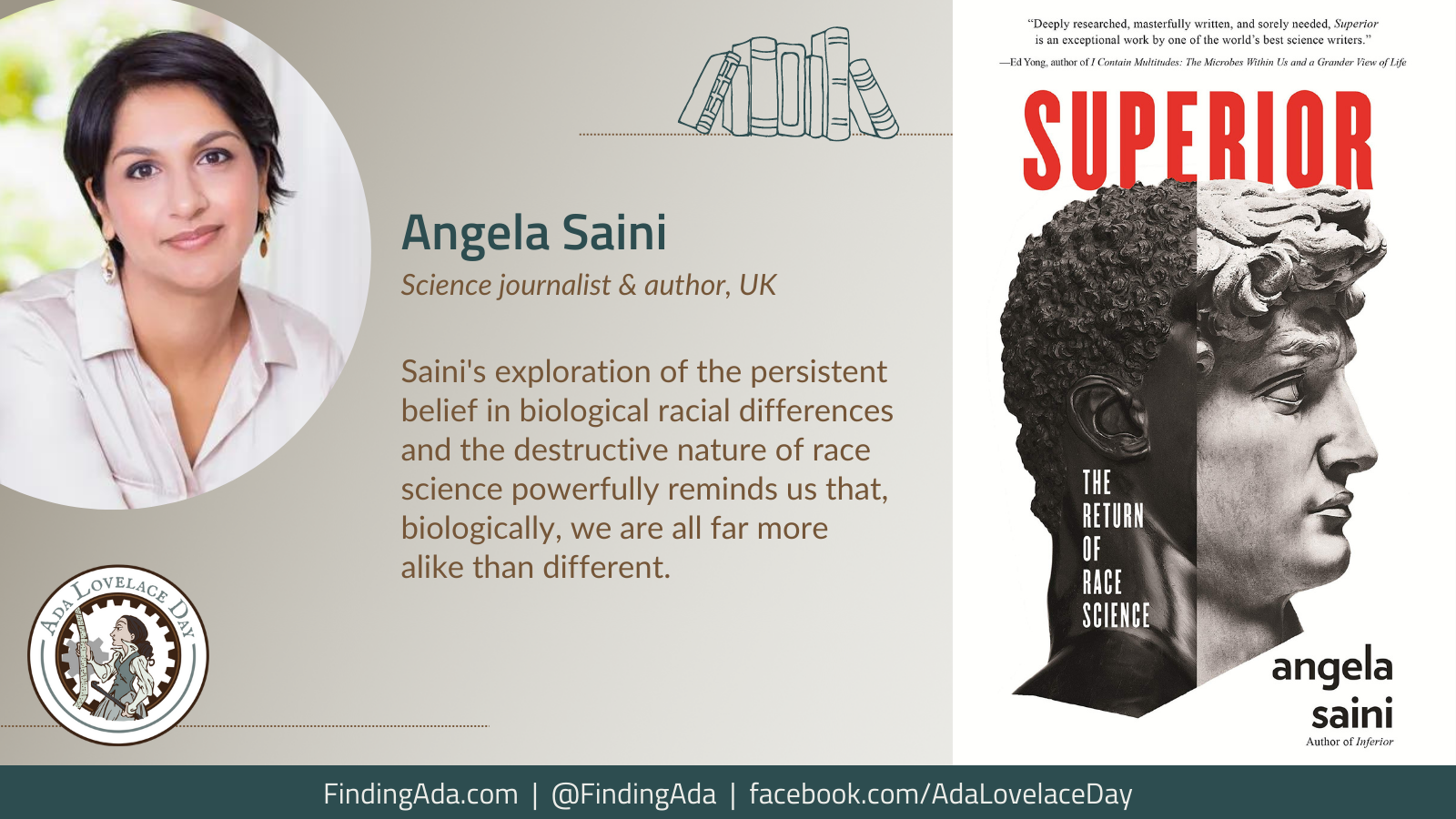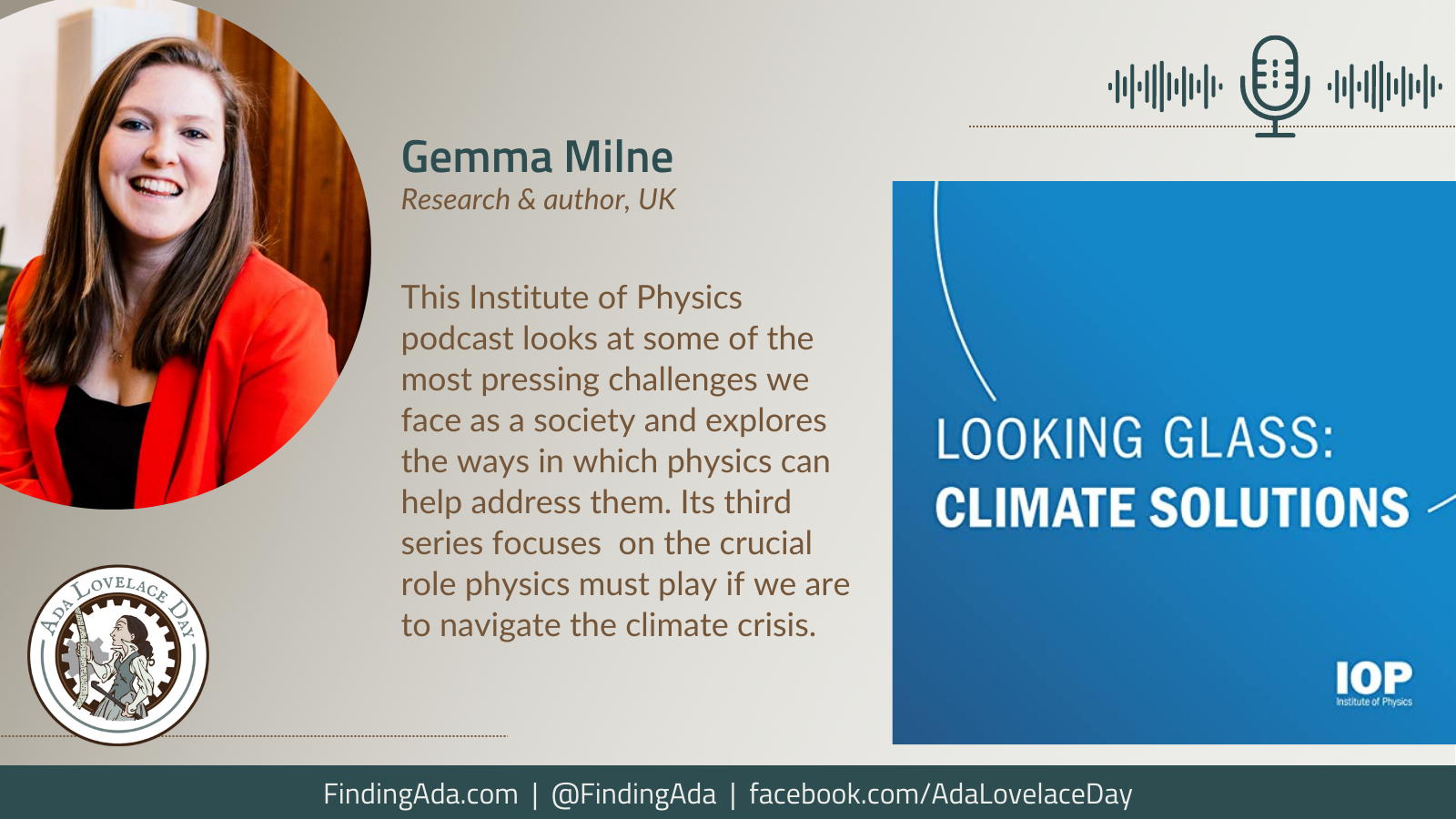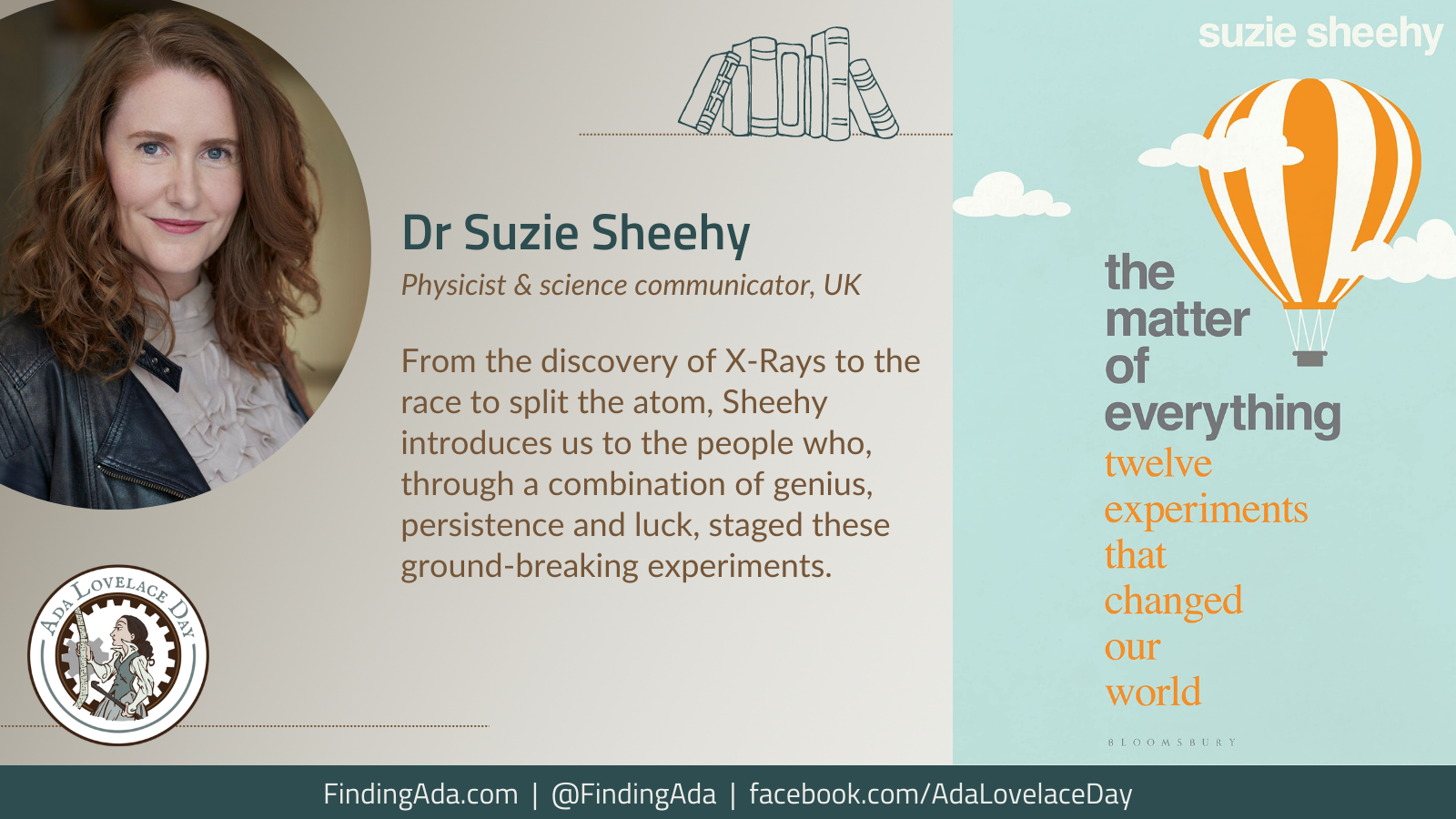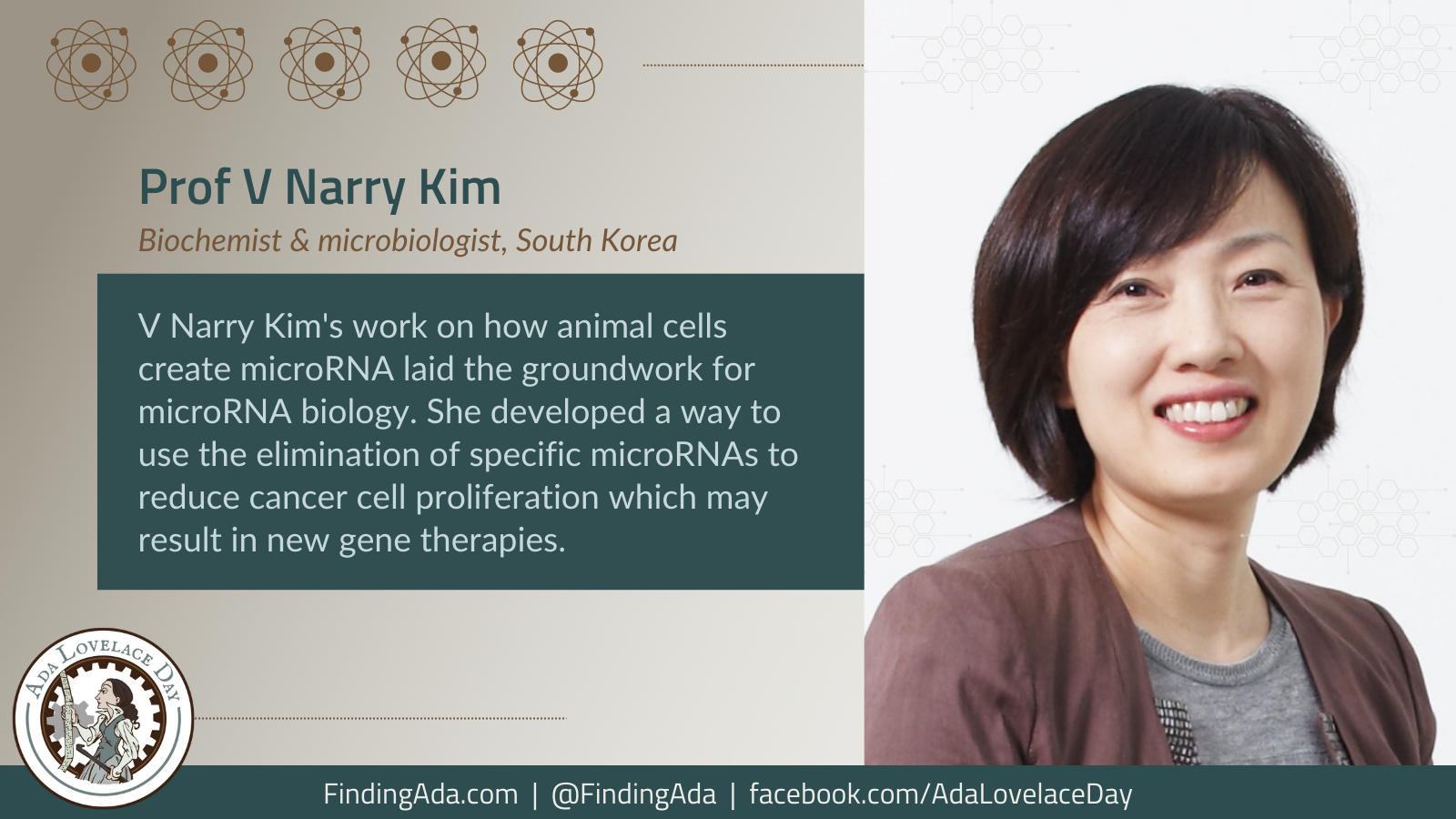Sway: Unravelling Unconscious Bias, Professor Pragya Agarwal
For the first time, behavioural and data scientist, activist and writer Professor Pragya Agarwal unravels the way our implicit or ‘unintentional’ biases affect the way we communicate and perceive the world, how they affect our decision-making, and how they reinforce and perpetuate systemic and structural inequalities.
Sway is a thoroughly researched and comprehensive look at unconscious bias and how it impacts day-to-day life, from job interviews to romantic relationships to saving for retirement. It covers a huge number of sensitive topics – sexism, racism, ageism, homophobia, colourism – with tact, and combines statistics with stories to paint a fuller picture and enhance understanding. Throughout, Agarwal clearly delineates theories with a solid grounding in science, answering questions such as: do our roots for prejudice lie in our evolutionary past? What happens in our brains when we are biased? How has bias affected technology? If we don’t know about it, are we really responsible for it?
At a time when partisan political ideologies are taking centre stage, and we struggle to make sense of who we are and who we want to be, it is crucial that we understand why we act the way we do. This book will enables us to open our eyes to our own biases in a scientific and non-judgmental way.
Order the book on Bookshop.org.uk here and your purchase will support a local independent bookshop of your choice!
About the Author
Professor Pragya Agarwal is a behavioural scientist, with expertise in cognition, HCI and User-centred Design, focused especially on diversity and inclusivity. She was a senior academic for over 12 years at universities in the UK and USA, and held the prestigious Leverhulme Fellowship, following a PhD from the University of Nottingham. Agarwal has published numerous scientific articles and books, some of which are on the reading list for leading courses around the world.
As a freelance writer, she regularly writes thought pieces on racial and gender bias for The Guardian, Times Higher Education, The Independent, and various other publications. Agarwal is a two-time TEDx speaker, and has been invited to give keynote talks and workshops around the world, appearing on several international podcasts, radio and television channels, such as BBC Woman’s Hour, BBC Breakfast, and Radio 5 Live. Her next book Hysterical: Exploding the Myth of Gendered Emotions is out later this year.
You can follow her work here:
Twitter: @DrPragyaAgarwal
Instagram: @drpragyaagarwal
Facebook: facebook.com/DrPragyaAgarwal
Website: drpragyaagarwal.co.uk
